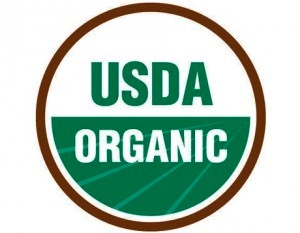 Even though “organic” refers to a method of production rather than nutritional content, an “organic” label can make you believe that food is healthier and tastier. A Cornell University study was designed to test what’s called the “halo effect,” or the theory that people are influenced by how something is described.
Even though “organic” refers to a method of production rather than nutritional content, an “organic” label can make you believe that food is healthier and tastier. A Cornell University study was designed to test what’s called the “halo effect,” or the theory that people are influenced by how something is described.
The Study
The study looked at the “health halo effect” of whether food products labeled “organic” were perceived as more nutritious and better tasting than conventionally produced products.
144 volunteers compared what they thought were conventionally and organically produced chocolate sandwich cookies, plain yogurt, and potato chips. Everything was actually organic, but the products were labeled as either “regular” or “organic.”
They participants ranked them on taste, estimated the caloric content, and indicated what they would pay for each product.
What They Found
The results showed that organic foods fall under a “health halo” and that having supposedly healthy food – in this case the food labeled organic — within a meal, can lead to misjudging the entire meal as being healthier and lower in calories.
The participants in the study:
- preferred almost all the taste characteristics of foods labeled “organic” even though the “regular” food was exactly the same.
- thought the food labeled “organic” was lower in fat, higher in fiber, significantly lower in calories, and worth more money.
- thought the chips and cookies labeled “organic” were more nutritious than the ones they thought were not organic.
What Does Organic Really Mean?
- “100% Organic” products are made with 100% organic ingredients
- “Organic” products are made with at least 95% organic ingredients
- Products labeled “Made With Organic Ingredients” have a minimum of 70% organic ingredients (with strict restrictions on the other 30%)
- Products with less than 70% organic ingredients can list organic ingredients on their side panel but not on the front

Leave a Reply